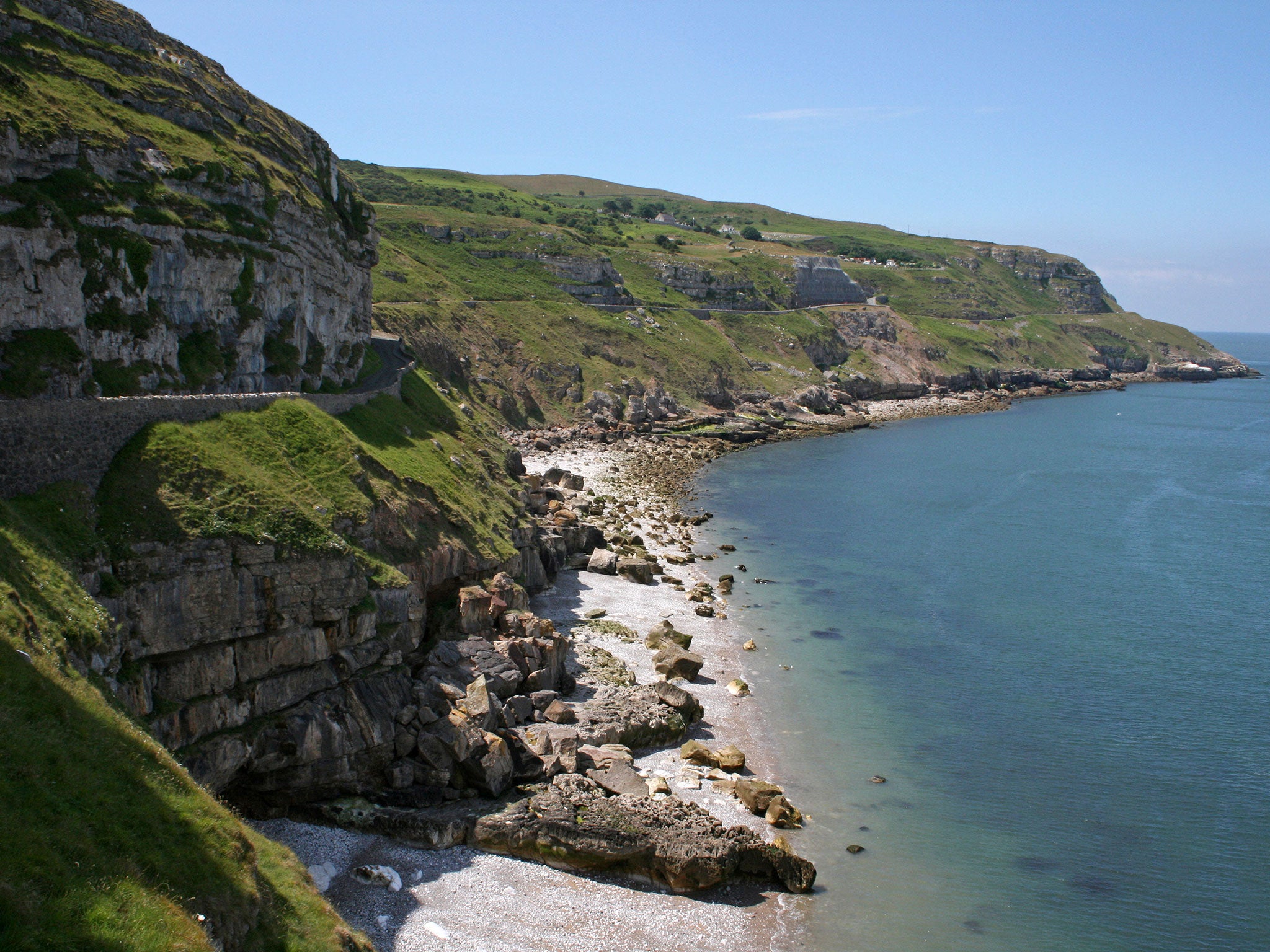National Trust spends £1m to secure precious archaeological site on Great Orme in North Wales
Trust has now acquired 574 miles of coastline as part of its Neptune campaign

Your support helps us to tell the story
From reproductive rights to climate change to Big Tech, The Independent is on the ground when the story is developing. Whether it's investigating the financials of Elon Musk's pro-Trump PAC or producing our latest documentary, 'The A Word', which shines a light on the American women fighting for reproductive rights, we know how important it is to parse out the facts from the messaging.
At such a critical moment in US history, we need reporters on the ground. Your donation allows us to keep sending journalists to speak to both sides of the story.
The Independent is trusted by Americans across the entire political spectrum. And unlike many other quality news outlets, we choose not to lock Americans out of our reporting and analysis with paywalls. We believe quality journalism should be available to everyone, paid for by those who can afford it.
Your support makes all the difference.A chunk of the Great Orme, the imposing limestone headland on the North Wales coast which is home to Britain’s largest prehistoric mine and a herd of Kashmiri goats acquired from Queen Victoria, has been secured by the National Trust.
The £1m purchase of a large farm on the promontory overlooking the resort of Llandudno is the latest acquisition by the Trust’s 50-year-old Neptune campaign to protect special areas of coastline under threat of development.
The 140-acre Parc Farm will now be managed to promote the Orme’s status as one of Britain’s most important botanical sites as well as an area rich in archaeology, including the underground workings of the biggest Bronze Age copper mine in the UK.
The purchase means that the Trust has now secured 574 miles of coastline in England, Wales and Northern Ireland since the Neptune campaign was begun half a century ago in May 1965.
The 50th anniversary of its launch brought with it a call for the new Conservative Government to reaffirm a pledge given by former Deputy Prime Minister Nick Clegg last year to complete a 3,000-mile coastal path around England by 2020.
Although Wales completed its 870-mile coastal path in 2012, the English version, which was first promised in 2009, has lagged behind due to complex negotiations with landowners to agree access and cuts to the budget of nature watchdog Natural England.
Mr Clegg promised additional funding, thought to be as much as £40m, would be found but campaigners are anxious maintain momentum towards completing the path, arguing it should be seen as an “infrastructure” project for the tourist economy.
Dame Helen Ghosh, the Trust’s director general, said: “We strongly support the plans for a coastal path that allows people to enjoy the whole coastline, walking through a landscape that is rich in wildlife and heritage. We’ll work with Government agencies, partners and other landowners to help deliver this vision.”
The Trust argues that the English coastal path can help boost seaside towns by linking them together with a high-quality amenity that will draw millions of Britons to the coast. It is estimated that the path around the South West, the only part of the project completed so far, has added £500m to the regional economy.
A spokesman for the Trust added: “We would like to make sure that the funding and the resources are there to push forward and sustain the project announced by the Coalition.”
Join our commenting forum
Join thought-provoking conversations, follow other Independent readers and see their replies
28Comments